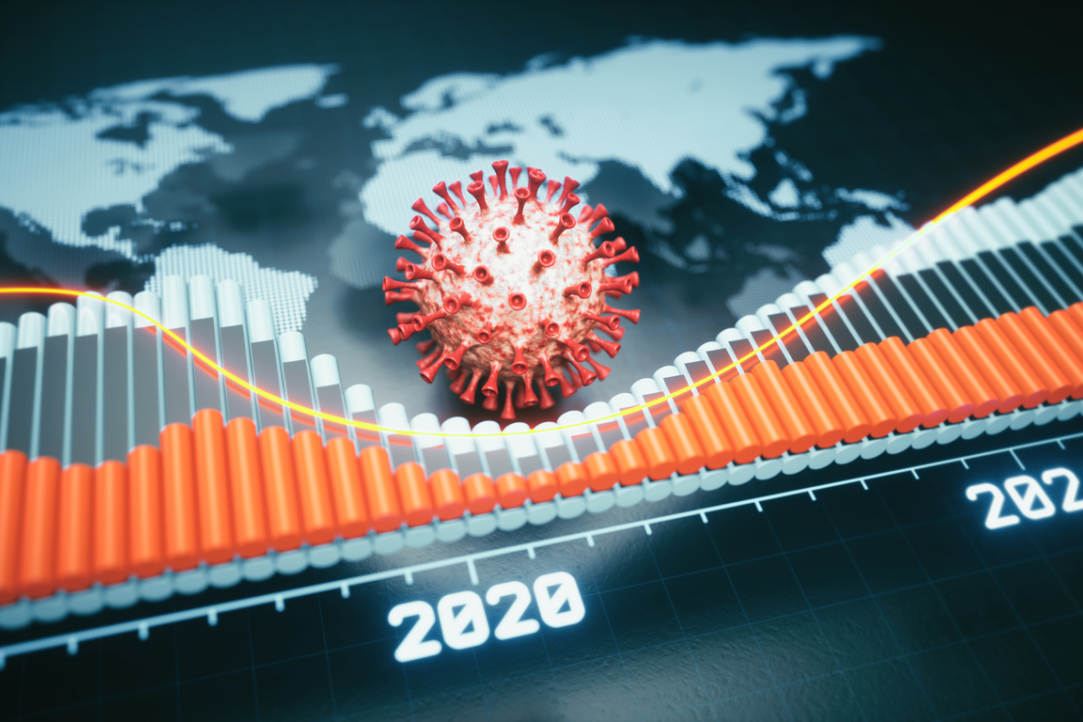
Post-pandemic Rehabilitation. What Will Help Russia's Economy Recover?
The year 2020 was a period of economic hardship and significant change in a wide range of sectors for most countries. A team of authors from HSE University has explored how Russia will recover from this crisis and which industries will be affected by the economic recovery. Their study was published in the journal Voprosy ekonomiki.
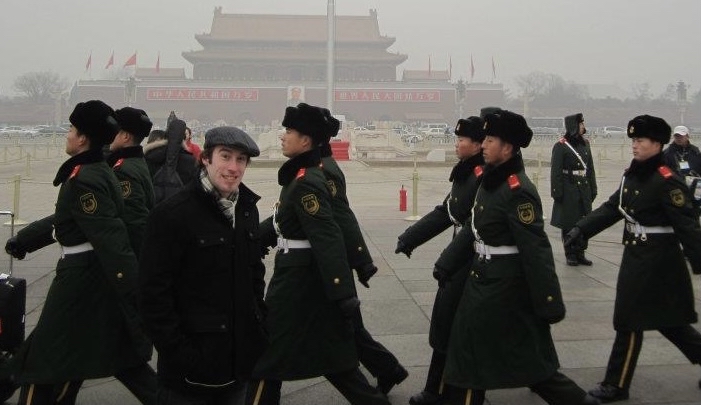
Educational Inequality: Studying Country-Specific Solutions to a Global Problem
Educational inequality is a universal problem, but it manifests itself in different countries in different ways. Comparing the issue across different contexts is always interesting—even more so if the person doing the comparing has a diverse set of examples to draw upon. Adam Gemar earned his Bachelor’s and Master’s degrees in the US before earning his Doctoral degree at Durham University (UK). Now he is a Postdoctoral Fellow at HSE University’s Institute of Education, where he is studying educational inequality in Russia with the Centre for Cultural Sociology. In his interview, he spoke about his research, life in Moscow, and Russian winters.

HSE University Cohosts Virtual THE Young Universities Summit
Several representatives of HSE University took part in the seventh Times Higher Education Young Universities Summit, organized jointly with HSE University on June 22-23 and held entirely online. The Summit focused on the global outlook for higher education and opportunities for new growth for young universities.
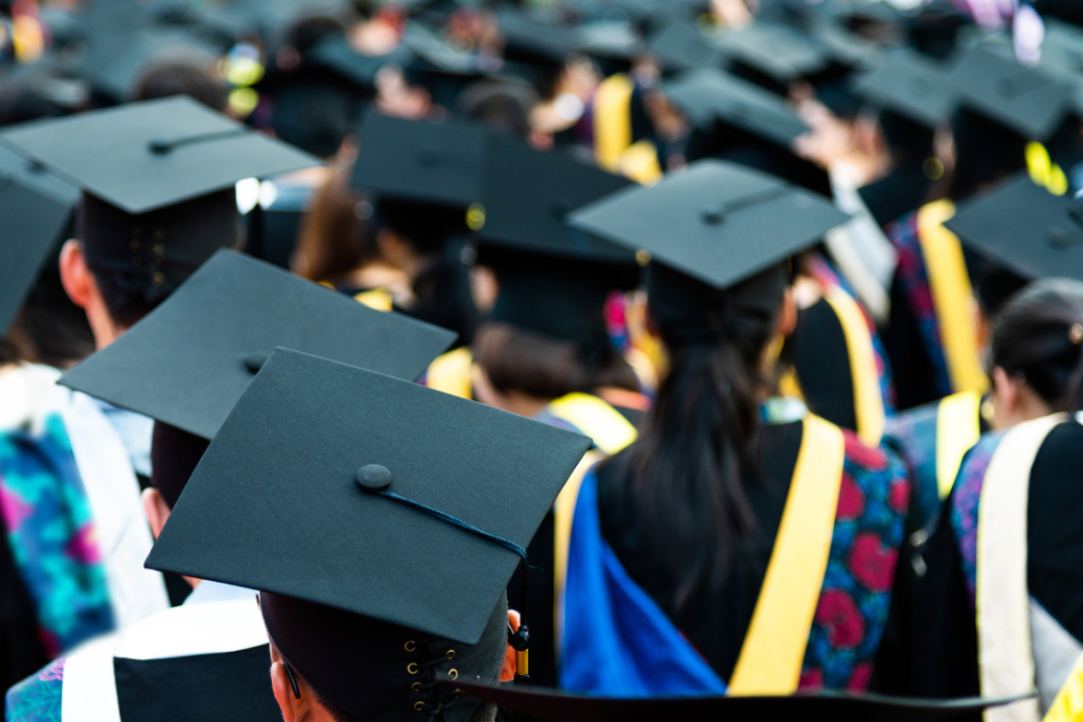
Bachelors Benefit from Shorter Study Duration
Four-year, instead of five-year, degree programmes shave off a year of study, thus saving considerable time and money, and allowing graduates to find employment and build work experience earlier, which eventually translates into a higher salary. This raises the question of whether a fifth year of undergraduate studies brings any returns at all.
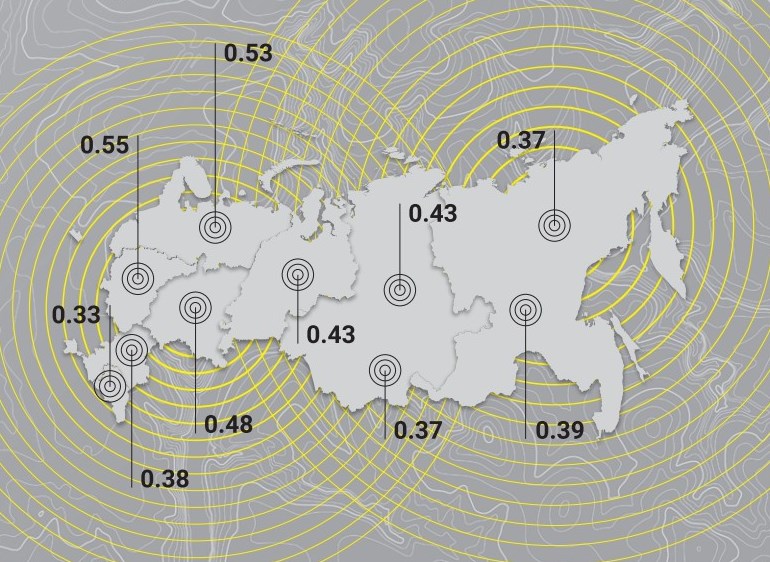
HSE University Publishes Seventh Issue of Russian Regional Innovation Scoreboard
Moscow has kept its leading position on the Russian Innovational Scoreboard. The city demonstrates the highest level of economic, educational, and digital development. Second place goes to Saint Petersburg, and third place goes to the Republic of Tatarstan. The leaders also include the Tomsk Region, the Nizhny Novgorod Region, and the Moscow Region. These are the main results of the seventh issue of the Russian Innovational Scoreboard prepared by the Institute for Statistical Studies and Economics of Knowledge (ISSEK), HSE University.
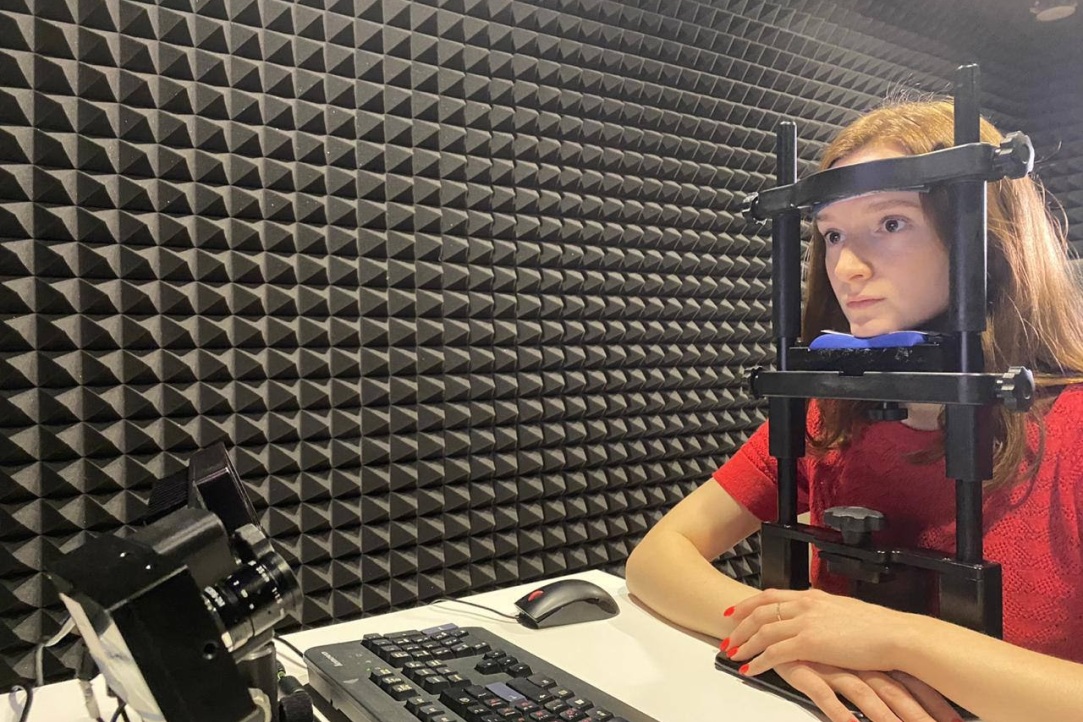
Researchers Outline Specific Patterns in Reading in Russian
Psycholinguists from the HSE Center for Language and Brain, in collaboration with researchers from the City University of New York and the University of Stuttgart, investigated how reading in Russian varies among different groups of readers. The authors used a novel method in bilingualism research — comparison of the eye-movement sequences (scanpaths) in adult native speakers of Russian, Russian-speaking children, and adult bilinguals with different levels of Russian proficiency. The results of the study were published in Reading Research Quarterly.

HSE Experts Determine Who Should Be Liable for AI Actions
According to experts of the Digital Environment Law Institute of HSE University, Artificial Intelligence (AI) may soon become a participant of the legal decision-making process, and the AI system will be entrusted with authority. Therefore, the issue of liability for ‘automated decision making’ should be addressed. HSE experts presented a special report that evaluates whether AI designers should be liable for the automated systems they create and what actions the government can take to develop AI investment projects.
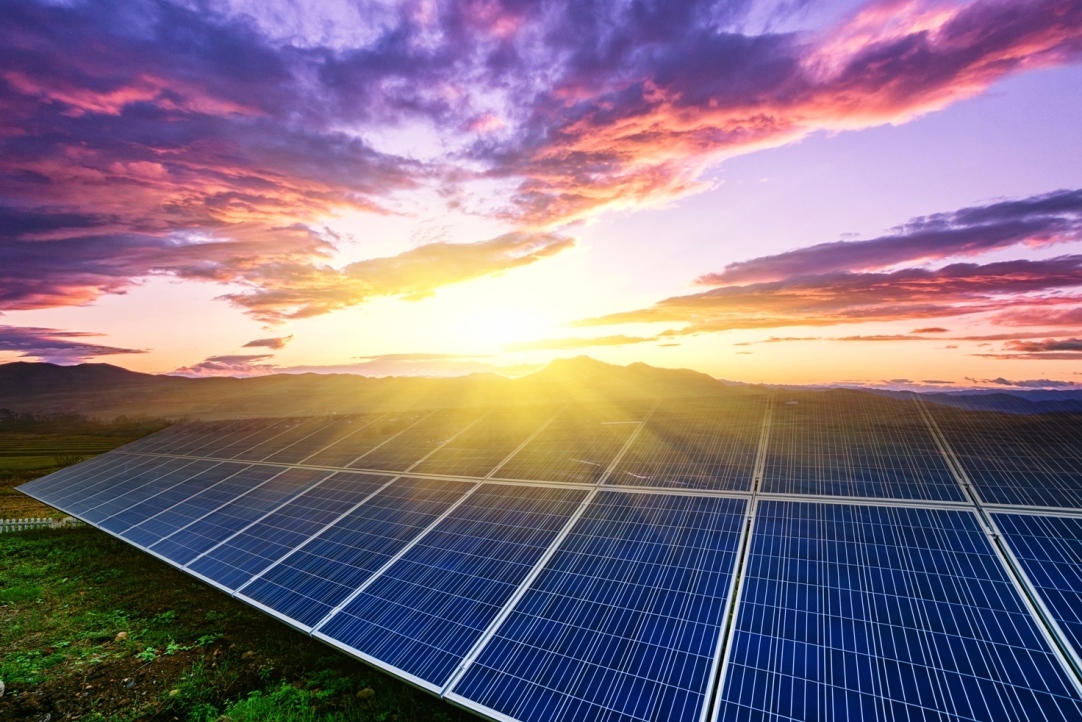
Make the Most of the Sun
Professor Alexey Tameev of HSE MIEM, along with a team of colleagues, has proposed a calculation method to determine the optimal photoactive layer thickness which can maximize the power conversion efficiency of solar cells. Applicable for both polymer andperovskite solar cells, the method can become a milestone on the path from laboratory samples to solar cells made from new generation materials. The results of the research are covered in ‘A common optical approach to thickness optimization in polymer and perovskite solar cells’, an article published in Scientific Reports.
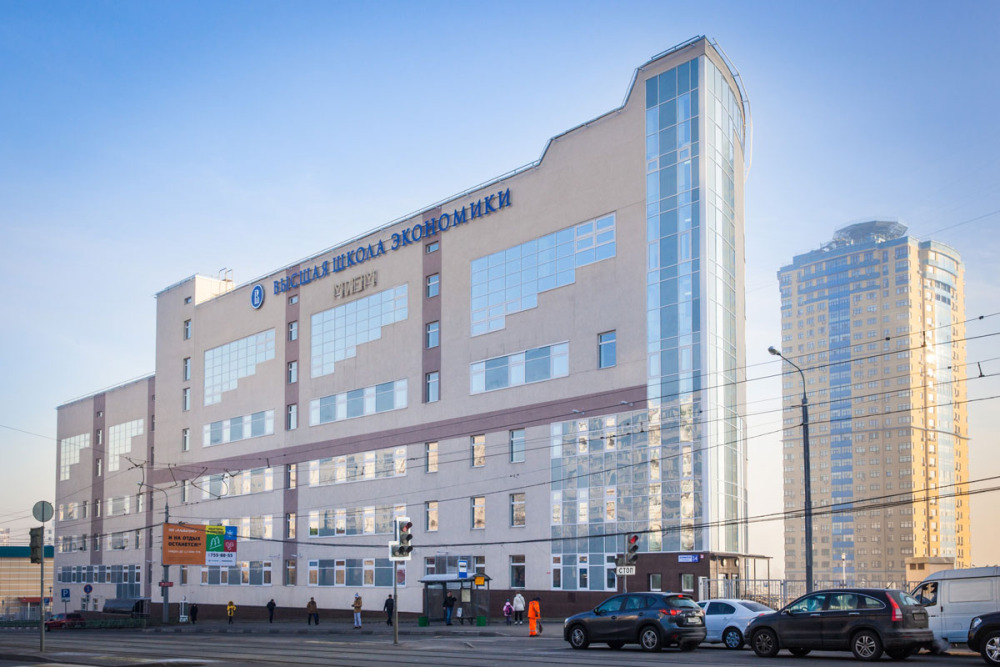
Graphene Drum: Researchers Develop New Phonon Laser Design
Professor Konstantin Arutyunov of the HSE Tikhonov Moscow Institute of Electronics and Mathematics (MIEM HSE), together with Chinese researchers, has developed a graphene-based mechanical resonator, in which coherent emission of sound energy quanta, or phonons, has been induced. Such devices, called phonon lasers, have wide potential for application in information processing, as well as classical and quantum sensing of materials. The study is published in the journal Optics express.
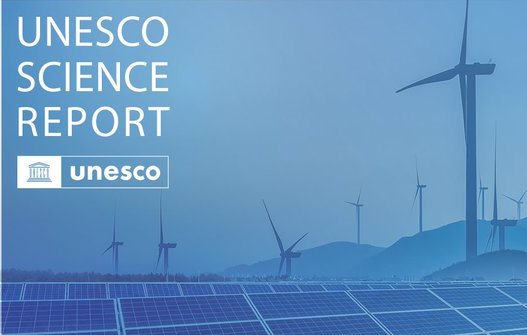
HSE University Researchers Co-Author 2021 UNESCO Science Report
On Friday, June 11, UNESCO held a ceremony to launch its new UNESCO Science Report, which arrives at a crucial moment as countries reach the halfway mark of meeting the UN’s Sustainable Development Goals by 2030. The Report shows that, over the past five years, countries of all income levels have begun efforts to transition to economies that are both digital and green. At the ceremony, six of the Report’s authors provided overviews of trends in their regions. Representing the East European region was Professor Leonid Gokhberg, First Vice Rector of the HSE University and Director of the HSE Institute for Statistical Studies and Economics of Knowledge (ISSEK).


Deadline for applications to present academic reports - January 20, 2025